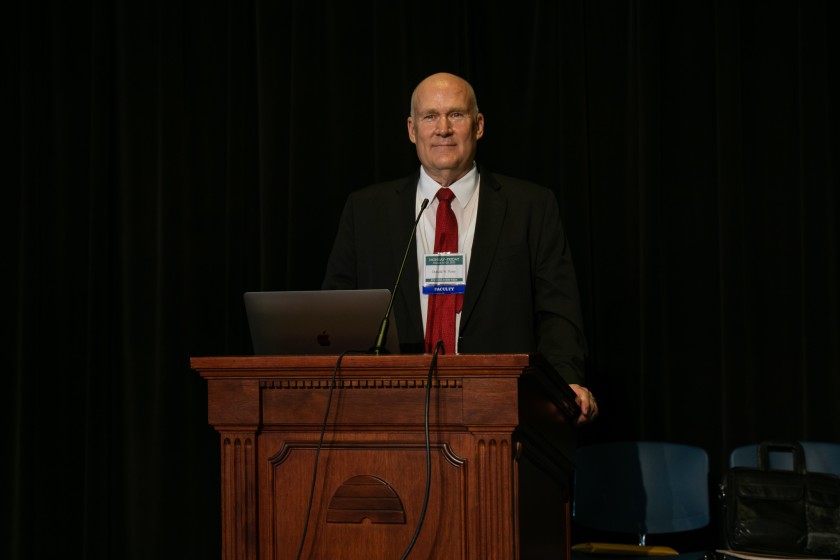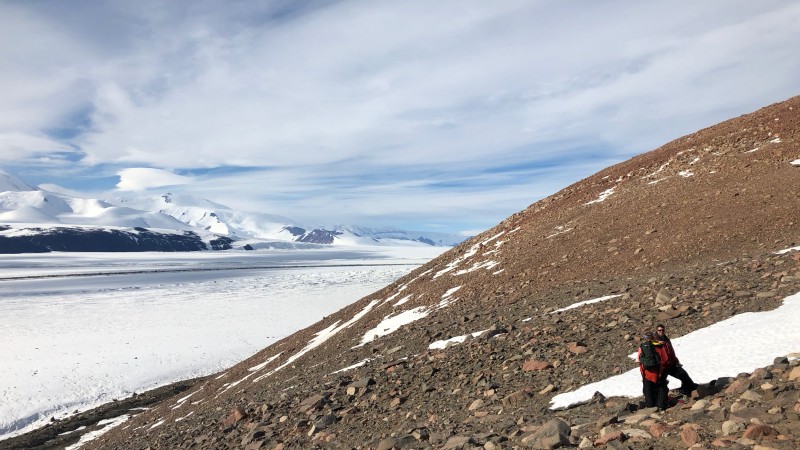David O. McKay School of Education

A new study conducted by professors in the David O. McKay School of Education shows positive reinforcement toward middle schoolers greatly enhances their academic performance. It found that teachers who praise their students at least equally to reprimanding them had class-wide on-task behavior improved by 60-70%. At risk students suffering from emotional and behavioral issues greatly benefitted from positive reinforcement; they were better behaved and their marks improved a full letter grade.
“With middle school students, we really want to emphasize praising over reprimanding,” said BYU David O. McKay School of Education professor Paul Caldarella. “Especially if you have a student who is depressed, anxious, angry or dealing with any kind of emotional difficulty; the more you can praise and the less you reprimand, the better outcomes you’re likely to see.”
College of Humanities

Asian and Near Eastern languages professor Donald Parry delivered two messages on the first day of Education Week about Church architecture and its symbolism. He used his decades of studying the Hebrew language to relate similarities in ancient and modern-day temples. His lessons used his knowledge of sacred symbols, architecture, angels, temples and Hebrew translations. Parry also discussed Christ’s atonement and covenants.
“God’s favorite way to teach is through symbols,” Parry said. “I invite you to study the symbols and try to understand them and you will be richly blessed.”
College of Life Sciences

A team of scientists from BYU and the University of Colorado found soil in Antarctica that shows no signs of life. To put that in perspective, an average gram of soil contains billions of microbes teeming with life. This is potentially the first place on Earth to have a lifeless sample of soil. The scientists tested the soil for a year, trying to find any evidence of living microbes but to no avail. They deduced that constant exposure to deposited salts, low temperatures and extremely low water levels over thousands of years caused the soil conditions. Though this is unlike anything on Earth, it is similar to soil on Mars, and leaves exciting prospects about life in space.
“These soils are as close to what you’d find on Mars as you would anywhere on Earth,” Adams said. “Obviously we advocate for using these types of places for studying what life might be like on Mars or elsewhere in the universe. It’s cold, dry and full of these weird salts. If certain things can live here and handle this environment then maybe they can live on a planet like Mars.”




